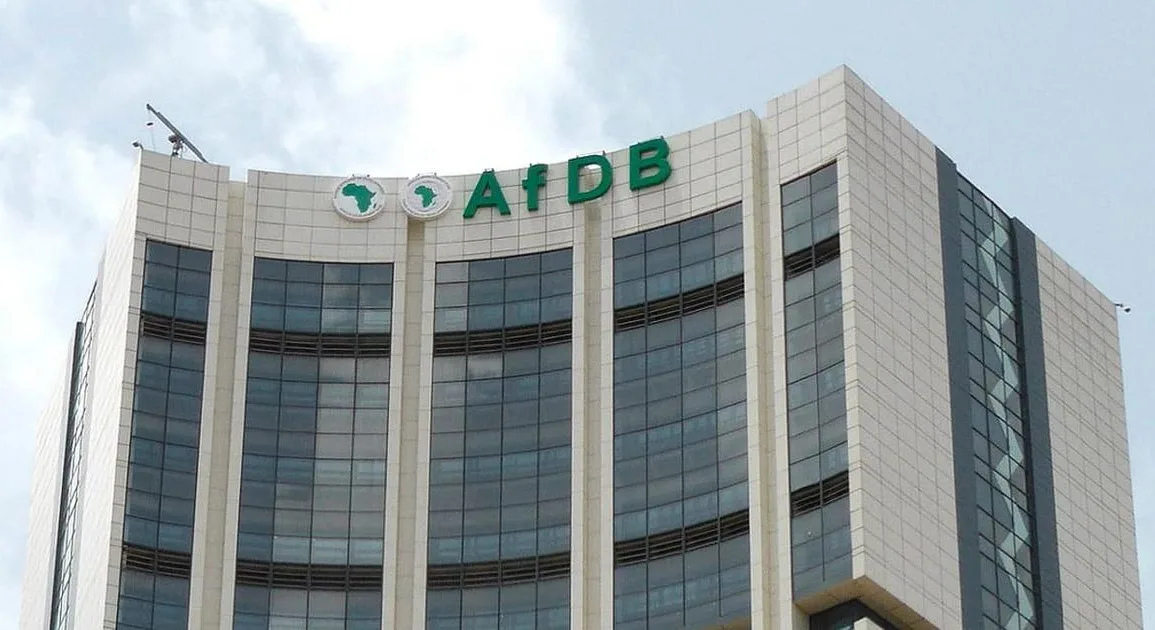The bank stated that the major goal of the transaction is to enable the release of more sovereign lending headroom while bolstering the capital adequacy measures of the African Development Bank.
The African Development Bank has already signed two exposure exchange agreements; the first was with the Inter-American Development Bank and the International Bank for the reconstruction and development of the World Bank Group.
The statement released reads in part, “This new exposure exchange agreement is the second transaction that the African Development Bank has executed following the success of the first agreement finalized in 2015 with the Inter-American Development Bank and the World Bank Group’s International Bank for Reconstruction and Development.”
ADVERTISEMENT
The statement also adds, “Exposure exchanges between multilateral development banks involve a synthetic exchange of sovereign exposures in a risk-neutral manner to help address single obligor constraints and portfolio concentration.”
Addressing the advantages of the currency exchange arrangement and what they entail for the continent’s nations. The bank declared:
“Exposure exchanges between multilateral development banks involve a synthetic exchange of sovereign exposures in a risk-neutral manner to help address single obligor constraints and portfolio concentration.
This new exposure exchange allows the African Development Bank to continue supporting its regional member countries, particularly following the Covid-19 pandemic, combined with the spillover effects of the Russian–Ukraine war, which affected most African countries.”
The second exposure exchange is anticipated to give African nations more funding even though the African Development Bank’s existing prudential ratios are within their legal bounds and S&P Global Ratings has confirmed its AAA credit rating.
ADVERTISEMENT
For those nations that need to expand countercyclical lending while still complying to internal single obligor restrictions and concentration ratios, this will be very helpful.
Since the start of the Russia-Ukraine war, financial pressure on African nations has increased significantly. One of them, Ghana, is notable since it recently missed payments on its debts. About 21 countries, according to the AfDB, are in or at danger of debt trouble.
The exposure agreement represents the bank’s promise to keep financing development initiatives in Africa even when the global financial system is in turmoil.


